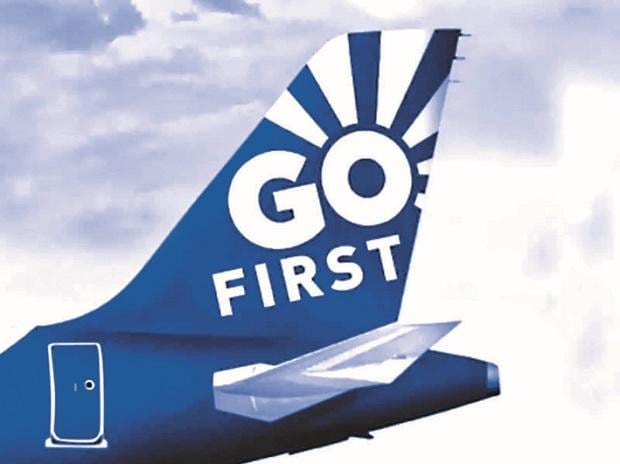HC cannot interfere with resolution process of Go First: IRP tells court
Go First’s Interim Resolution Specialist (IRP) on Tuesday told the Delhi High Court that parallel proceedings could not take place in the case and that the court could not interfere with the settlement process.
Senior Advocate, Harish Salvi, who appeared before the IRP, told the court that a court of jurisdiction (the Supreme Court in this case) should not interfere with the settlement process after the insolvency application has been accepted by the National Company Law Tribunal (NCLT).
He said there were several Supreme Court rulings that said that.
“The courts should not interfere with the insolvency and bankruptcy law (IBC) process because the essence of the process is that it is time-bound. Interests start to accumulate with each passing day on all receivables,” Salvi said.
He said if the court were to release the aircraft as per the request of the lessors, the airline would not be able to resume operations and thousands of employees would lose their jobs.
NCLT, Delhi, on May 10 accepted the application for voluntary insolvency of Go First. The National Corporate Law Appeals Tribunal (NCLAT) then upheld the order.
After the insolvency payment was accepted, the stay was in effect, meaning the suspension of all or some of its legal remedies against Go First. This means that lessors cannot take back their aircraft that were in the possession of the cash-strapped airline.
Go First’s lessors have moved the Supreme Court against the Directorate General of Civil Aviation (DGCA), seeking to deregister their aircraft leased to Go First. This was shortly after NCLAT endorsed the NCLT’s order on May 22.
The petitions were submitted by Pembroke Aircraft Leasing 11 Limited, Accipiter Investments Aircraft 2 Limited, EOS Aviation 12 (Ireland) Limited and SMBC Aviation Capital Limited. They all gathered together to listen.
Salvi told the Supreme Court that if landlords want to challenge NCLAT’s decision, they must go to the Supreme Court. Furthermore, if they wanted assistance with deregistration of their aircraft or other remedies (malicious intent application against Go First), they could approach the NCLT as the NCLAT order instructed.
The Directorate General of Civil Aviation had previously informed the Supreme Court that it did not reject the request of the Go First lessors to cancel the registration of the aircraft, but it kept the (de-registration) process pending due to the moratorium.
The lessors told NCLAT that they had sought to deregister the Go First aircraft before accepting the insolvency claim. In response, Go First argued that the lessors had hastily filed for deregistration as soon as they became aware of the fact that the airline was filing for bankruptcy.
The lessors argued that in accordance with the Irrevocable Deregistration and Export Orders Authorization (IDERA), it was mandatory for the DGCA to deregister the aircraft upon their request.
The court will continue to hear arguments in the case on May 31.
